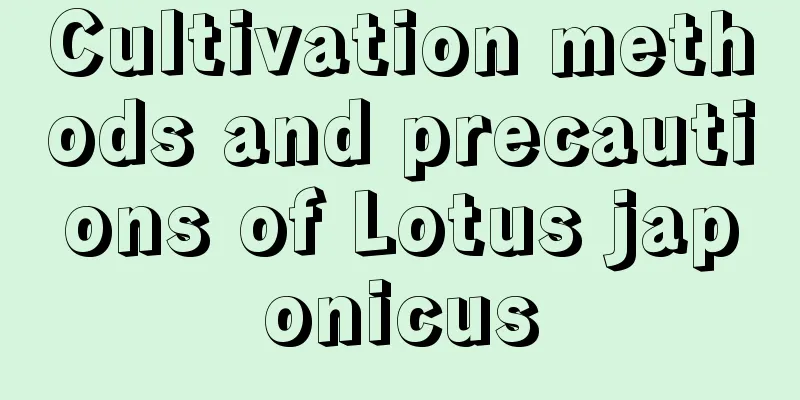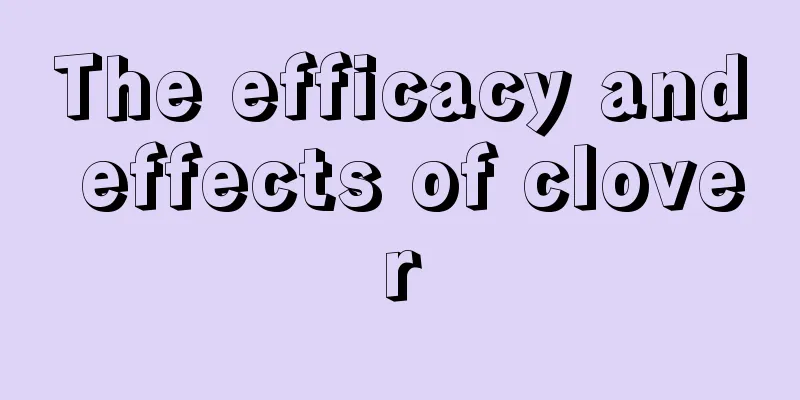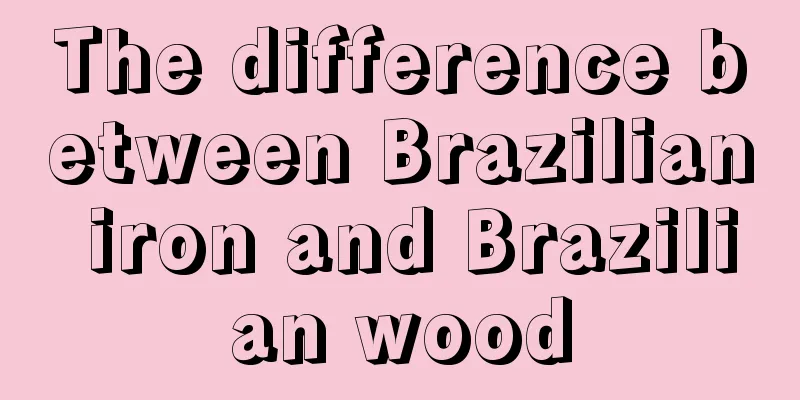What can't be eaten with lemon?

1. SeafoodThe rich calcium in seafood reacts with the fruit acid in lemon, which may cause protein coagulation or make calcium difficult to absorb, causing gastrointestinal discomfort or increasing the probability of stones. 2. MilkEating lemon and milk together will also cause the reaction of fruit acid with protein and calcium, leading to poor absorption of nutrients, affecting gastrointestinal digestion and increasing the burden on the gastrointestinal tract. 3. Foods containing anti-vitamin C substancesLemons are rich in vitamin C. Eating them together with some foods containing anti-vitamin C substances will reduce the nutritional value of the food, such as carrots containing ascorbic acid enzyme, cucumbers containing vitamin C lysozyme, and animal livers containing vitamin C oxidants. 4. Best matchLemon can be used along with chicken, aloe vera and sugarcane juice. |
<<: What can't be eaten with pumpkin?
>>: What can't be eaten with strawberries?
Recommend
Cultivation and pruning of purple-leafed spider plant
Purple-leafed spider plant is also called hanging...
Is Green Apple Arrowroot Toxic?
1. Is it toxic? Generally speaking, plants in the...
The difference between Schefflera chinensis and Schefflera arborvitae
1. Difference of blades The leaflets of the Schef...
How to Plant Green Papaya Seeds
1. Seed processing 1. Leftovers: If you eat the p...
Is planting fruit trees profitable? Planting benefits and prospects
Is planting fruit trees profitable? There are man...
Is Aloe Vera poisonous?
1. Is it toxic? In fact, I can tell you for sure ...
What is the difference between Dutch chrysanthemum and aster?
Different morphological characteristics Aster is ...
How to prune pine bonsai
When to prune pine bonsai It is more appropriate ...
When to plant ginseng
1. Planting time There are not many requirements ...
What to do if the leaves of the fortune tree turn yellow
1. Proper watering Reason: The root system of the...
What fertilizer is good for garlic topdressing?
Garlic topdressing time Fertilizer can be applied...
How to propagate Schefflera
1. Seeding method For propagation by sowing, you ...
Watermelon seedling raising time
1. Seedling raising time The maturity of watermel...
Is it too late to plant shepherd's purse in November (How to plant shepherd's purse in this season)
The light and temperature in autumn are more suit...
Is red chrysanthemum water grass easy to grow? Breeding techniques and precautions
Is it easy to grow red chrysanthemum water plants...









